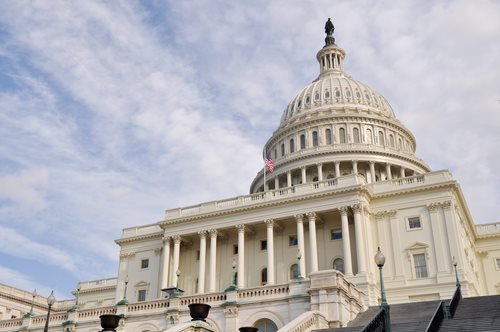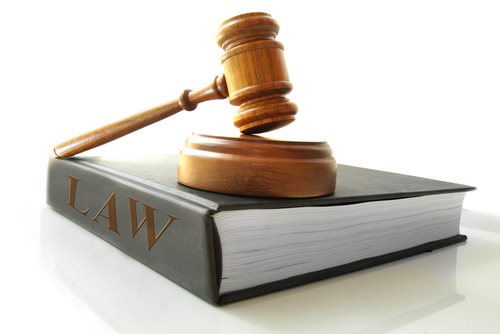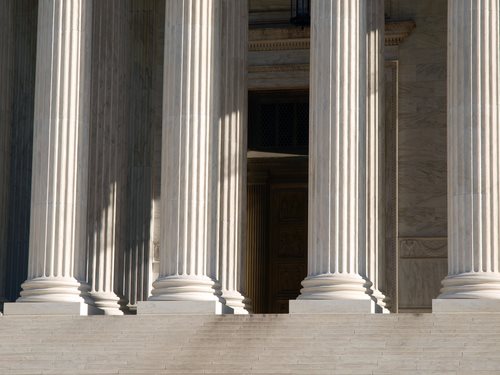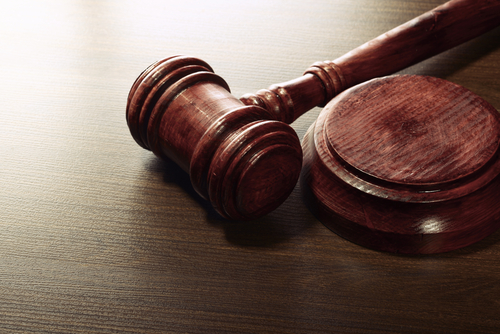Understanding the Office of Compliance
 What is the Office of Compliance (OOC)?
What is the Office of Compliance (OOC)?
The Office of Compliance is an Independent Federal Agency responsible for the regulation, oversight, and review of the terms, conditions, and activities concerning Congressional employment; akin to the required standards and practices expected of employment within the United States of America, Congressional employment is required to adhere to the same expressed legislation:
With regard to Congressional employment, the OOC undertakes the investigation and authorization of required policies required of employment within Civil Service; civil service is defined as any nature of government employment outside of military service or enlistment
OOC Quick Facts
Independent Federal Agencies are typically without a single director or executive; in contrast, independent government agencies – such as the OOC – are overseen by an executive directorial board; due to this fact, the Executive Branch retains less managerial oversight of the OOC than its agency counterparts. The following details outline the structuring of the OOC:
The OOC was founded in 1965 in accordance with the passing of the Congressional Accountability Act of 1965, which set forth procedural standards and practices required to be upheld by members of Congress; the Office of Compliance was the regulatory agency created in order to maintain this oversight
The headquarters of the OOC are located in Washington, D.C.
Independent Government Agencies
Independent Government Agencies are specific organizations and bureaus under the over arching jurisdiction of the Federal Government of the United States; however, these independent agencies are typically without a specified Department responsible for their respective oversight and administration:
Issues and Affairs Undertaken by the OOC
The foundation of the OOC was implemented in order to address matters concerning the required – and legal compliance – of both Congressional administration and employment standards required by law within the United States of America; the following legal and administrative matters and affairs are most commonly related to the operation of the OOC:
The OOC administers required statutory legislation concerning workplace safety and health with regard to Congressional employment
OOC: Legal Information and Further Assistance
The operation and administration of the OOC resides under the jurisdiction of the legal field classified as Administrative Law; this genre of law is primarily associated with events and circumstances in which the Federal Government of the United States engages its citizens, including the administration of government programs, the administration and operation of government agencies, and the establishment of a legal, regulatory federal standard.



 What is the Federal Executive Institute (FEI)?
What is the Federal Executive Institute (FEI)? What is the Federal Deposit Insurance Corporation?
What is the Federal Deposit Insurance Corporation? What is the Federal Labor Relations Authority?
What is the Federal Labor Relations Authority? What is the Federal Maritime Commission?
What is the Federal Maritime Commission? What is the Federal Mediation and Conciliation Service?
What is the Federal Mediation and Conciliation Service? What is the Federal Mine Safety and Health Review Commission?
What is the Federal Mine Safety and Health Review Commission? What is the In Q Tel?
What is the In Q Tel? What is the Court Services and Offender Supervision Agency?
What is the Court Services and Offender Supervision Agency? What is the Defense Nuclear Facilities Safety Board?
What is the Defense Nuclear Facilities Safety Board?










